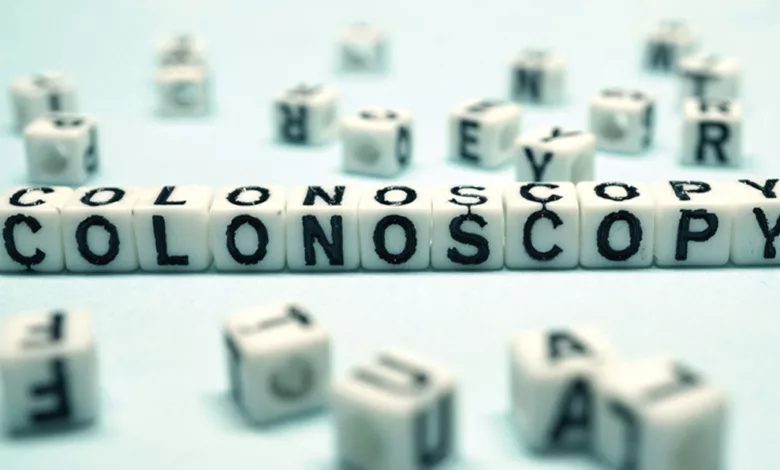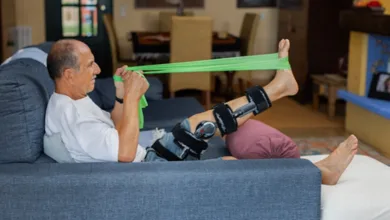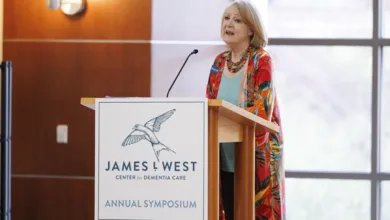Colonoscopy vs. Cologuard

Do I Really Need to Go the Full Monty?
Colon cancer is a leading cause of cancer death in the US. It usually affects people over the age of 45, and it seldom has symptoms in the early stages.
But colon cancer in the early stages is curable, and so the goal of a cancer prevention program is to screen patients BEFORE symptoms appear.
There are two main screening tests used currently: a colonoscopy, and the Cologuard stool sample testing. One test requires a bowel prep and a trip to the hospital; the other is a mail-away poop kit. Both are covered by insurance as screening tests.
The choice may seem obvious to you: Why have a procedure when a non-invasive approach is available?
Like everything else in the medical world, the answer is in the fine print of your insurance contract.
The dirty little secret is insurance companies will pay for colon cancer screening tests but will NOT pay for a diagnostic test for a high index of suspicion for cancer. Such is the case for patients found to have a positive Cologuard study.
So, if you have a screening colonoscopy, you must do a bowel prep and you must come to the hospital. Yes, the test is invasive. But the procedure can prevent cancer by removing polyps at the time of the screening test. Insurance covers all this once every 10 years for average-risk patients.
The at-home Cologuard requires none of the prep or inconvenience of the hospital procedure. It looks for genetic material shed by colon polyps or cancer into the poop, but cannot tell the difference between a polyp and cancer. There is a false negative rate, and you need to repeat the test every two years.
What’s more, the Cologuard test also has a false positive rate. In total, 40% of patients will have a positive Cologuard. So, if the Cologuard test has a positive result, the patient will have to confirm the result with a diagnostic colonoscopy. 10% of the time, the colonoscopy will be normal.
This cost will hit your deductible, co-pays, and out-of-pocket expenses. While the ease of a Cologuard benefits 60% of patients, the financial aspect of this screening approach benefits the insurance company 100% of the time.
The Cologuard test is a good pre-screening test, but until the cost burden shifts off the shoulders of the patient for positive tests, I will continue to encourage my patients to go the full Monty. Just have a real colonoscopy.





